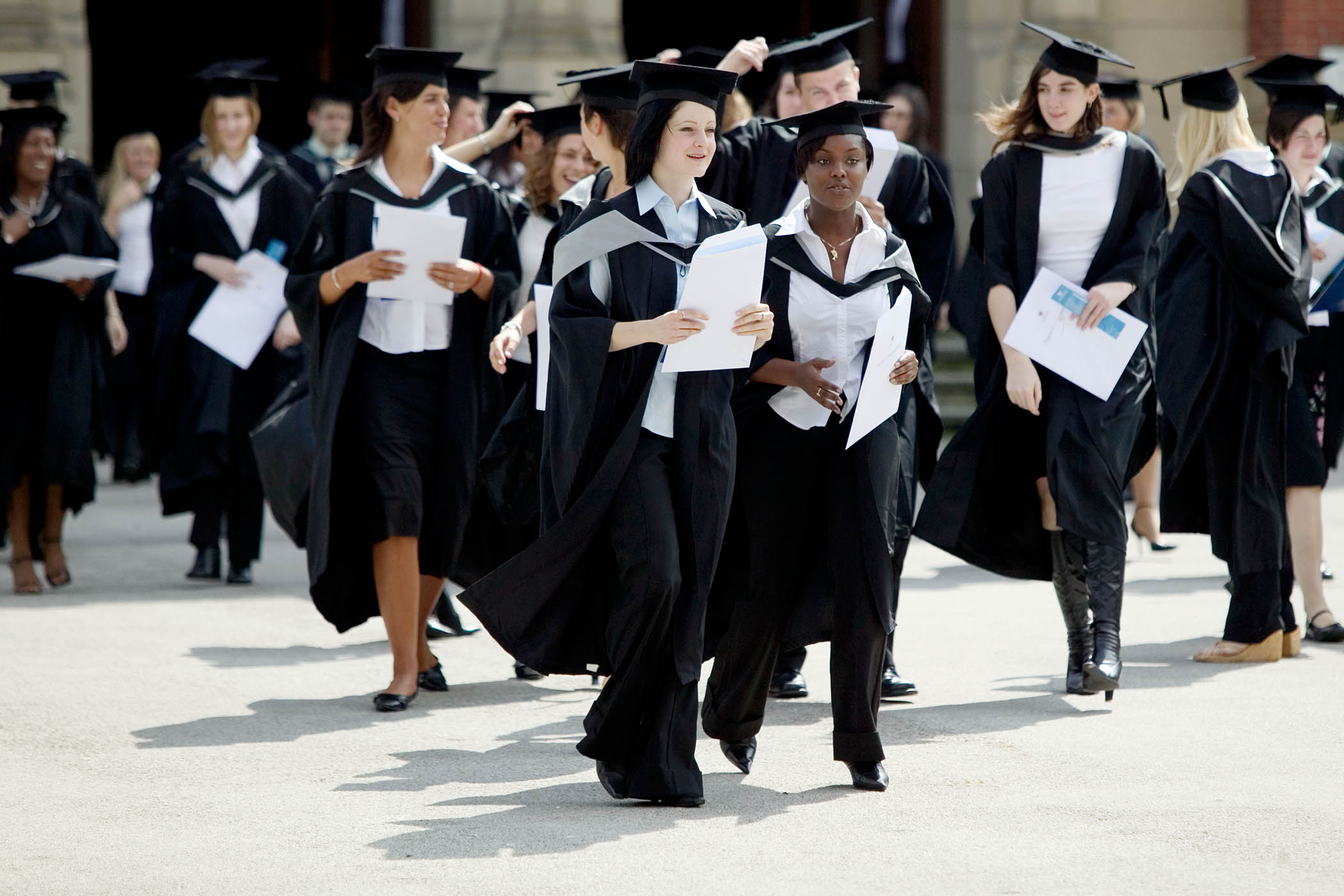A chancellor with an overriding commitment to growth would not slap an arbitrary tax on one of the country’s most successful export sectors.
By contrast, one with different ambitions might impose such a tax and use the proceeds to prop up politically important spending programmes elsewhere. That’s the choice Rachel Reeves will be making in her budget speech later this month when she announces her decision about the proposed levy on fees paid by international students for studying in English universities.
It’s going to be a clear test of where the government’s economic priorities lie.
The idea first came up last May in the government’s white paper aimed at curbing immigration. Among other things, this listed various abuses in the student visa system and suggested broadly sensible ways of dealing with them. Then it suddenly changed gear. International students, it said, had generated an estimated £20.7bn in exports through living expenditure and tuition fees back in 2021. “But it is right that these benefits are shared.”
This was a strange assertion, given the fact that these fees are already being used to subsidise the heavy losses that universities make both on teaching domestic students and on research. Funding per head for UK students has fallen by more than a quarter in real terms over the last 10 years and the financial gap has been plugged by a sharp increase in the number of foreign students paying higher fees. These now account for roughly a quarter of universities’ overall income, up from a negligible amount 30 years ago.
The “right” answer for English universities, according to the white paper, is a levy on international fees: it didn’t set a figure for what that might be, but an annex produced numbers based on an illustrative figure of 6%. Since nearly half of all universities are expected to be in the red this year, the assumption was that the costs of the levy would be passed on in the form of increased fees rather than covered out of reserves, with the suggested result being 14,000 fewer international students in the short run and a longer-term fall of around 7,000.
One analysis suggests the levy [on international students] could cost around £2.2bn in lost revenue over five years
One analysis suggests the levy [on international students] could cost around £2.2bn in lost revenue over five years
Other estimates have put the figure a lot higher than that. International numbers are wobbling, and there is evidence that fees in some sectors are already close to a ceiling. One analysis suggests the levy could cost the sector around £2.2bn in lost revenue over five years.
In cash terms, the heaviest burden will be borne by the big research-intensive institutions like University College London or Manchester University. But the costs in terms of growth may well be heavier in smaller towns and cities where universities play a proportionally much bigger part in economic life, and where a good few are already in financial difficulty.
Universities account for a quarter of all “knowledge” jobs in places such as Stoke, Plymouth and Hull, and are the biggest single source of exports in Exeter and Leicester. So the costs of the levy will fall unevenly across England, which is why the Centre for Cities thinktank warns that “national reforms that weaken the sector risk cutting across the government’s ambitions for delivering growth everywhere”.
And these are fragile times. Nearly half the respondents to a recent Universities UK survey said they had closed courses, and many more said they would consider doing so in the next three years.
Newsletters
Choose the newsletters you want to receive
View more
For information about how The Observer protects your data, read our Privacy Policy
Although it is not clear how much money will be raised – or how much the Treasury will pass on, given its well known hatred of allocating new taxes to specific funding needs – the government has already decided how to spend it. A system of means-tested maintenance grants will be introduced by the end of this parliament for students from the lowest income households who are studying courses that “support our missions and industrial strategy”.
There is a strong case for supporting students from disadvantaged backgrounds given the way that the value of maintenance loans in real terms has fallen in recent years: maintenance grants were scrapped nine years ago. But this policy won’t stop cash-strapped universities from closing more courses or cutting back on research. And it won’t promote the economies of those towns and cities that are already feeling the squeeze from the higher education sector.
The chancellor will no doubt make much of the government’s recent decision to allow tuition fees to be inflation-proofed from next year. That will certainly help bring stability, although it won’t claw back lost ground. She might even be persuaded to bring the levy in over two years to mitigate the impact for international students. But if the proposal goes ahead there will be no disguising the fact that this is a tax and spend initiative, with negative implications for growth.
Sir Richard Lambert was editor of the Financial Times and chair of the British Museum. He is chair of The Observer’s editorial board
Photograph by Rosemary Robert/Alamy



